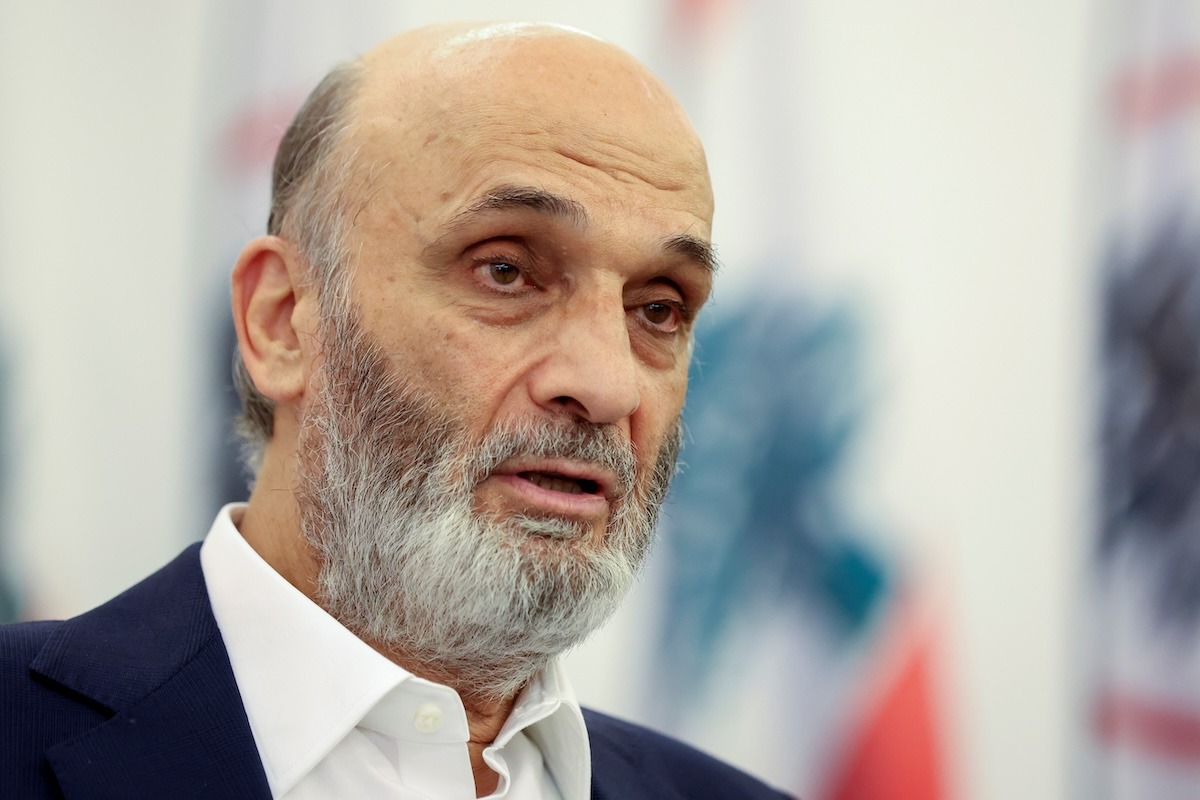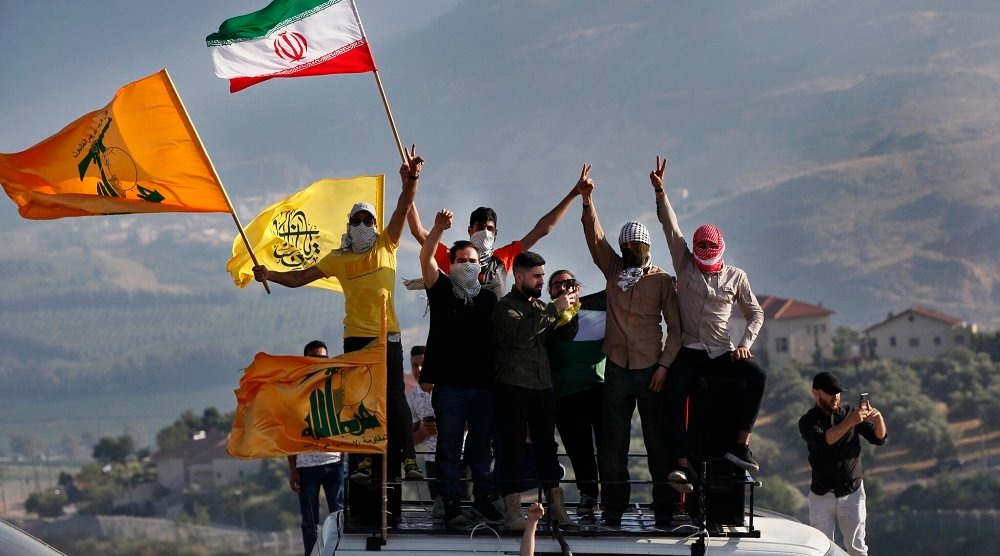In the wake of Hamas militants’ invasion of southern Israel, Hezbollah, a Lebanese terrorist group backed by Iran, initiated an unwarranted missile barrage targeting northern Israel on October 8.
These ongoing assaults by Hezbollah on Israel, along with the Israeli Defense Forces’ (IDF) retaliatory actions, have compelled tens of thousands of individuals to flee their residences in both northern Israel and southern Lebanon.
Samir Geagea, the leader of Lebanon’s primary Christian political party, the Lebanese Forces (LF), condemned Hezbollah’s aggressive actions against Israel, stressing their detrimental impact on Lebanon.

Lebanese Christian leader blasts Hezbollah’s aggression (Credits: All Arab News)
During an interview with The Associated Press on Tuesday, Geagea emphasized, “No entity should have the authority to dictate the fate of a nation and its people unilaterally.”
Geagea Pushes for Hezbollah Withdrawal from Israel Border Areas
Hezbollah’s attacks have resulted in the deaths of 12 Israeli soldiers and 10 civilians. In Lebanon, over 350 casualties have been reported, including 273 Hezbollah militants and more than 50 civilians, due to the attacks and Israel’s defensive measures.
Geagea advocated for Hezbollah’s withdrawal from border areas with Israel, proposing that the Lebanese army assume control, in compliance with UN Security Council resolutions. He asserted that Hezbollah seeks to establish an Iranian presence along Israel’s border.
As the leader of the opposition against Hezbollah, Geagea, whose LF party holds the largest parliamentary bloc in Lebanon’s 128-member parliament, underscored that Hezbollah’s actions do not represent the Lebanese people’s interests.
“Hezbollah is not the governing authority in Lebanon. While Hezbollah holds a presence in Lebanon’s government, it does not speak for the entire nation,” Geagea emphasized.
Despite Hezbollah’s portrayal of itself as Lebanon’s protector, growing numbers of Lebanese citizens, particularly Christians and Sunni Muslims, view the group as a threat to the country’s stability. Many argue that Hezbollah prioritizes Iran’s imperial agenda over Lebanon’s national welfare.

Hezbollah Supporters Intensify Threats against Opponents (Credits: Asharq Al-Awsat)
Hezbollah officials have justified their attacks on Israel’s northern border as a means to divert Israeli military attention from Gaza, where Hamas is engaged in conflict. However, Geagea dismissed this justification, citing the devastating toll on Lebanon’s border communities.
In January, Geagea criticized Lebanon’s caretaker government for its inaction against Hezbollah, accusing it of relinquishing decision-making authority to the group, thereby endangering Lebanon’s stability.
Opposition to Hezbollah within Lebanon has escalated in recent weeks, with some voices warning of the potential for a civil conflict between pro- and anti-Hezbollah factions.























